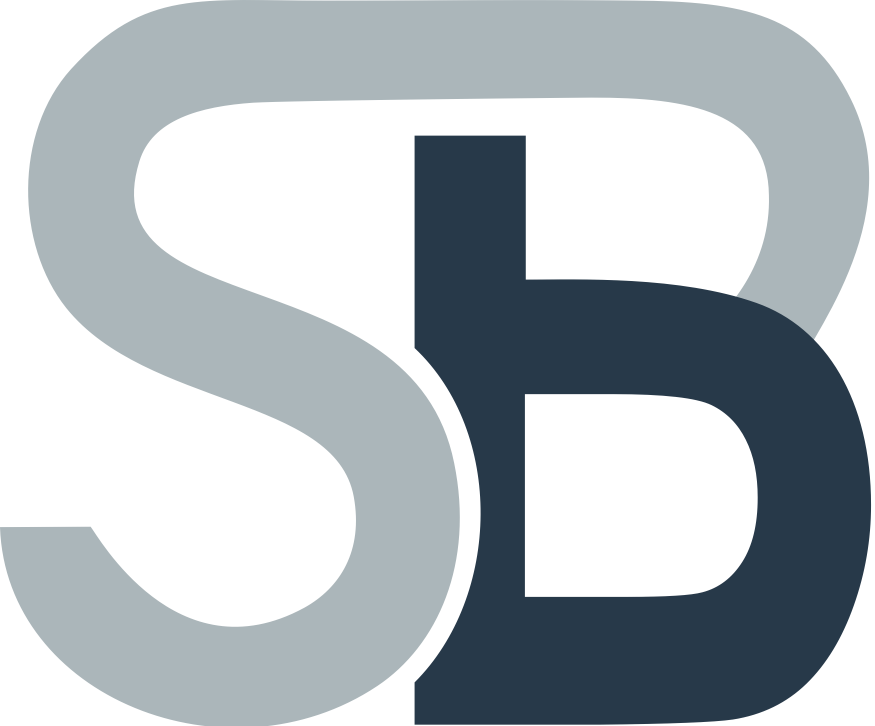Nigeria’s insurance industry is entering a new growth phase – one defined by confidence, digital progress, and regulatory maturity. According to the latest Insurance Market Performance Bulletin released by the National Insurance Commission (NAICOM), the sector posted an impressive 49.3% rise in Gross Premium Written (GPW), reaching N1.21 trillion by the end of Q2 2025.
This remarkable performance underscores the growing investor confidence and strategic resilience within the insurance ecosystem, even as Nigeria’s broader economy continues to expand at a modest pace.
“The insurance market achieved a gross premium written of N1.21 trillion, a notable performance amid macroeconomic challenges,” NAICOM reported, noting that this reflects “a substantial increase even when national output is growing at a single digit.”
Sector Dynamics: Oil & Gas Leads, Life Segment Strengthens
The non-life insurance segment maintained its dominance, contributing 67.2% to the total premium pool. Oil & Gas continued to lead the charge, accounting for 31.2% of non-life premiums, followed by Fire (18.9%) and Motor Insurance (15.8%).
Meanwhile, the Life Insurance segment accounted for 32.8% of total premiums, with Annuity contributing 41.8%, Group Life at 29.5%, and Individual Life at 28.7%. This diversification hints at increasing consumer trust and the steady deepening of insurance penetration — a long-term goal of Nigeria’s financial inclusion agenda.
Assets and Profitability: Expanding Base, Tight Margins
The industry’s total asset base surged to N4.4 trillion, up 19.2% from the N3.7 trillion reported in the same period of 2024. Non-life businesses accounted for N2.49 trillion, while life businesses held N1.91 trillion.
However, profitability margins remain tight. The average net loss ratio stood at 59.4%, slightly above the global comfort range of 40–55%. While this signals responsiveness in claim settlements – a key trust indicator – it also suggests that some underwriters may face profit pressures, especially as operating costs rise.
Still, the life segment continues to perform better, maintaining healthier and more stable margins, which could attract long-term institutional investors seeking predictable returns.
Strategic Implications: The Rise of Investor-Focused Insurance
At StakeBridge IRPR Consulting Limited, we see these figures as more than just market metrics – they reflect a maturing communication between insurers, regulators, and investors. The sector’s strong growth amid economic headwinds highlights the payoff of clearer investor relations strategies, digitisation, and risk-based regulation.
NAICOM’s ongoing initiatives, including recapitalisation drives and sector-wide digitisation, are setting the stage for a more transparent, data-driven insurance ecosystem – one where investors can make decisions with confidence and stakeholders can communicate with clarity.
The Outlook: Positive and Purpose-Driven
In its forward-looking statement, NAICOM described the industry’s outlook as “decidedly positive.” With sustained investment in technology, better market communication, and improved policyholder engagement, Nigeria’s insurance industry could emerge as one of Africa’s most attractive financial sub-sectors by 2026.
For investors and financial communicators, this performance signals not only profitability potential but also a shift toward transparency and strategic alignment – values that StakeBridge IRPR continues to champion in Nigeria’s evolving capital and insurance markets.
Discover more from StakeBridge Media
Subscribe to get the latest posts sent to your email.

